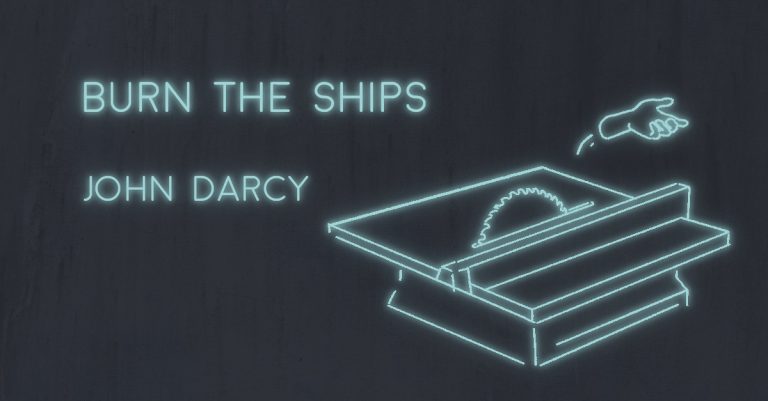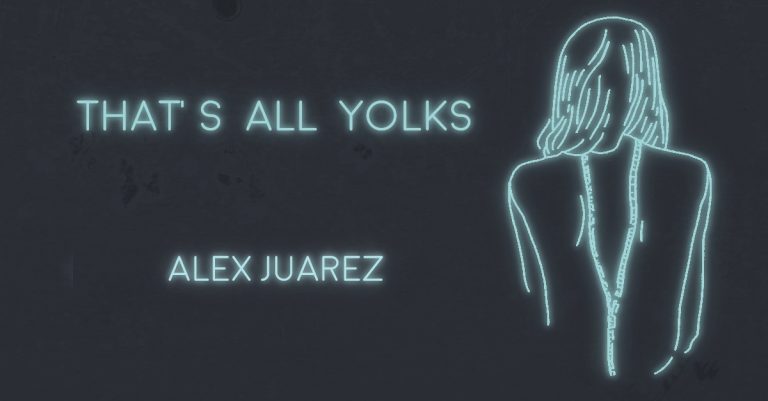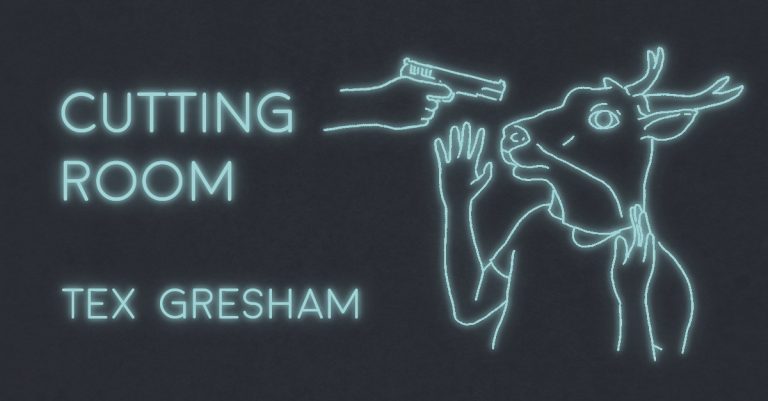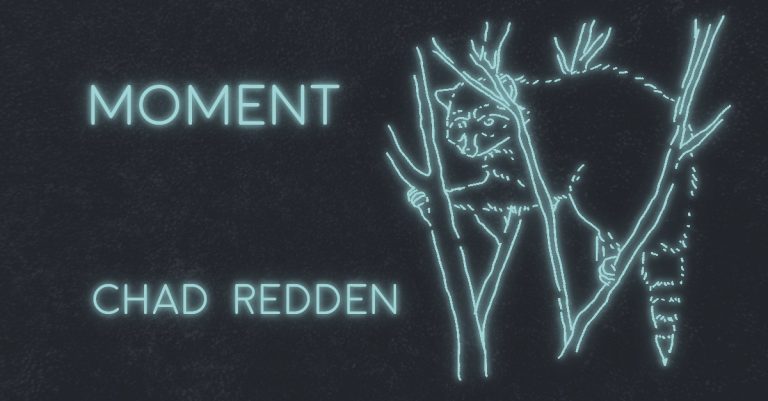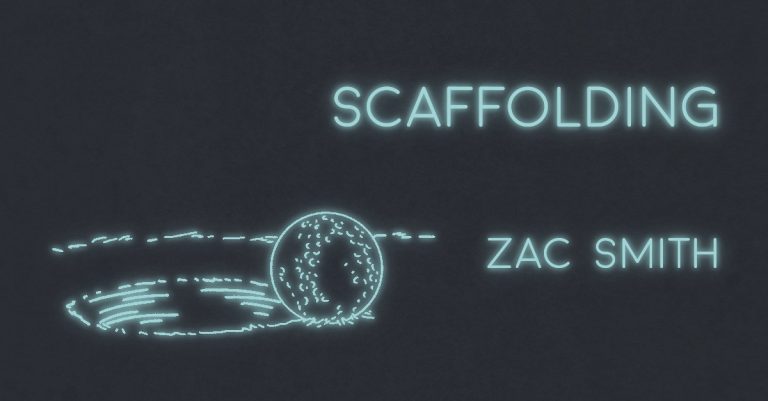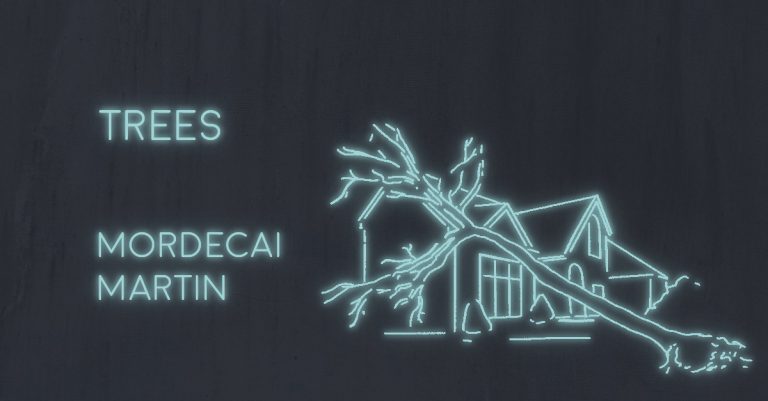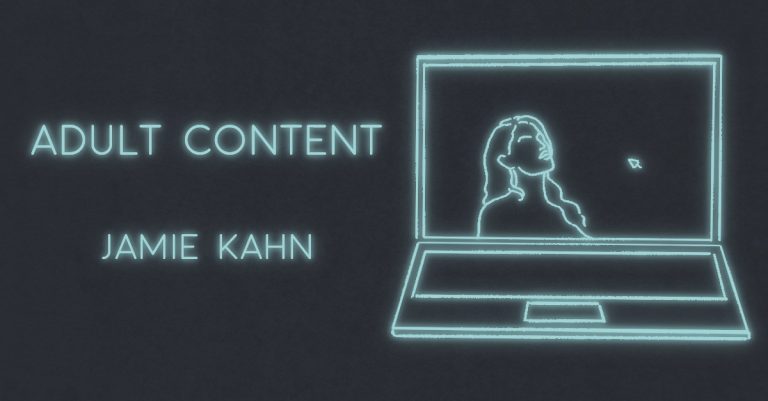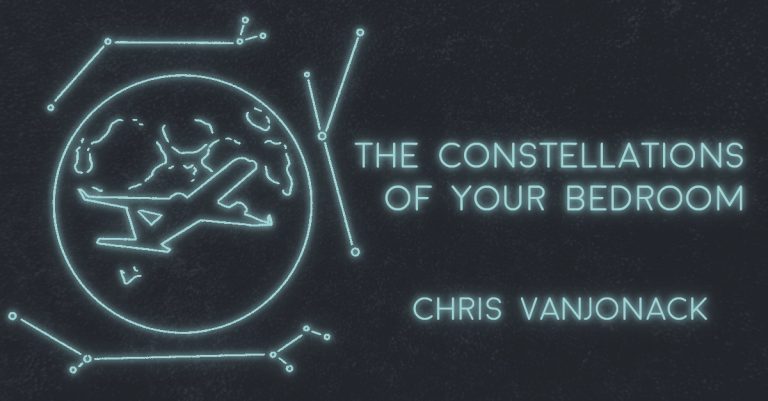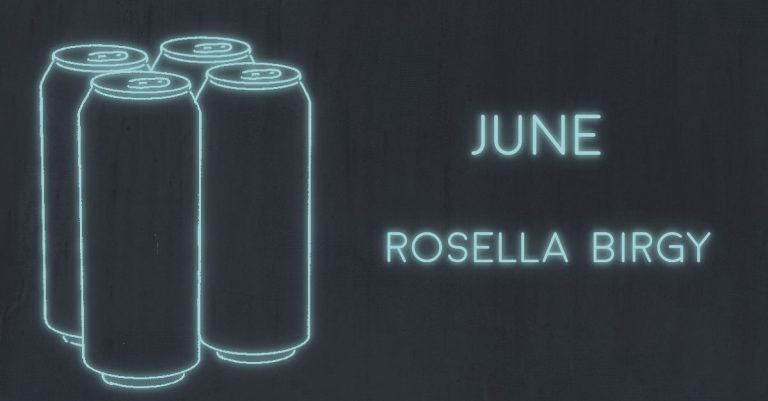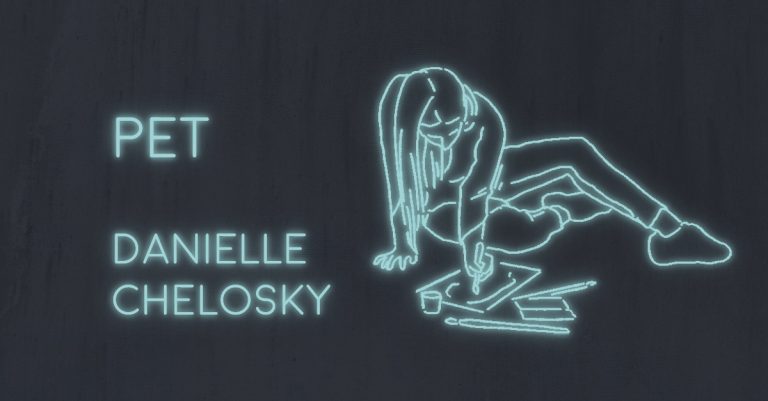
PET by Danielle Chelosky
The night we met, I showed up at your apartment with fishnets shoved inside my bag. I was too nervous to wear them as I walked from my car to your door. I got catcalled three times anyway. Catcalling is really bad over here, you told me while we ascended the stairs. You took the lead; I followed timidly. I couldn’t take in your apartment as we stepped inside because I had too much going on in my mind. Your room, though, came across as beautiful—the light soft and careful, your bed sheets floral and muted, your walls white with

